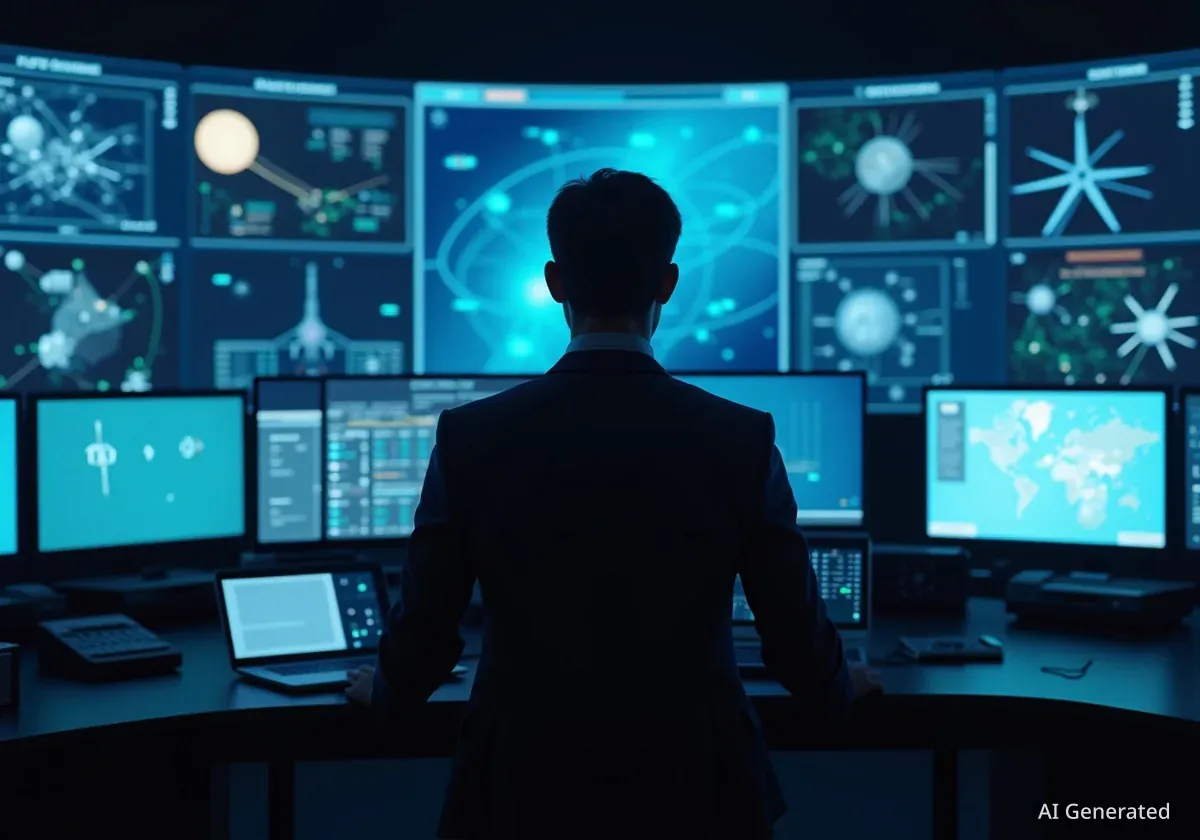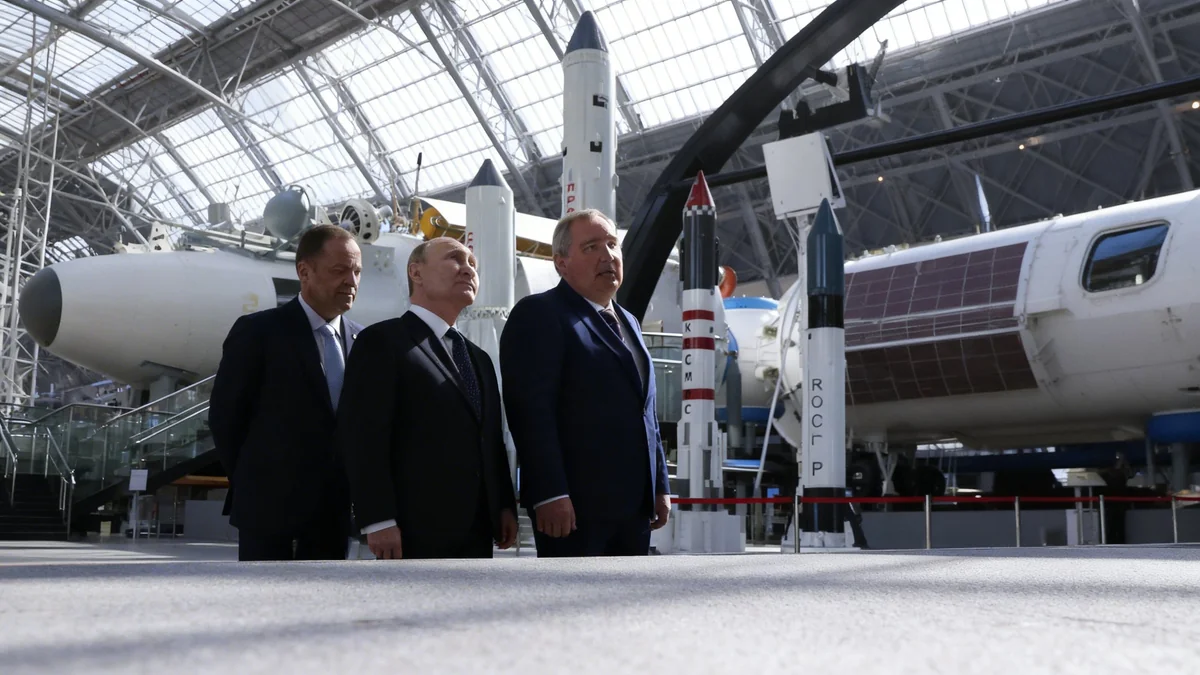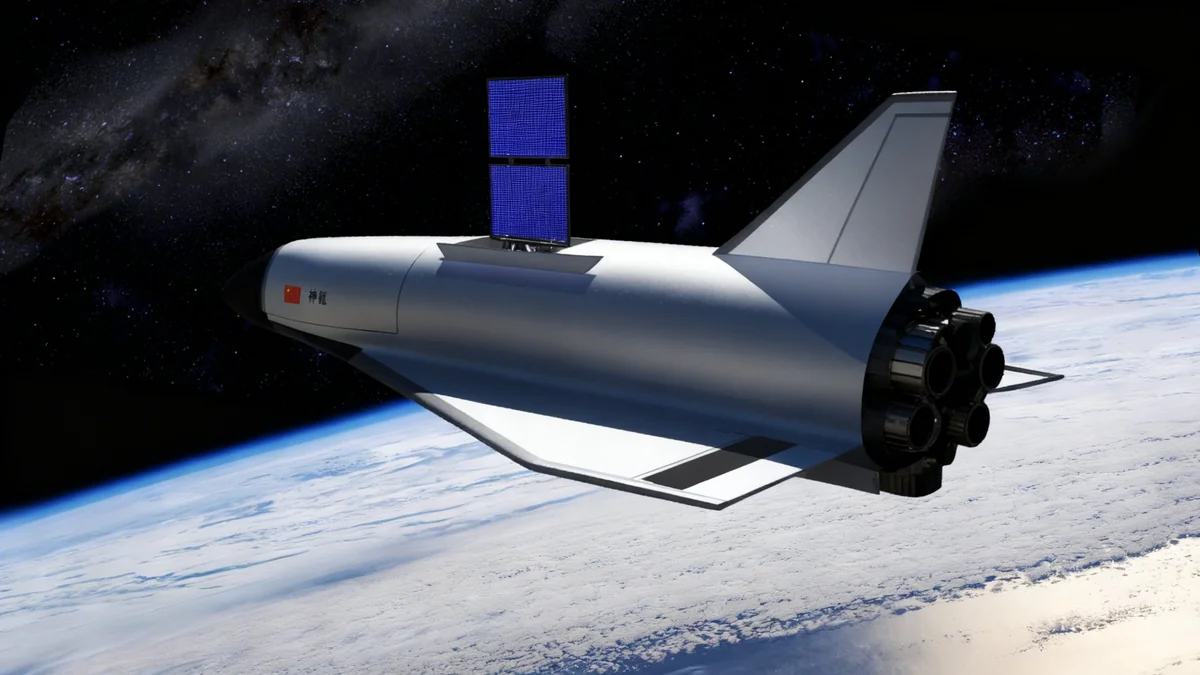Neuraspace, a Portugal-based space technology company, has introduced a new platform designed to help nations monitor and protect their critical infrastructure in orbit. The tool, named Neuraspace DEF, provides advanced space domain awareness (SDA) capabilities specifically for the defense sector.
The system is engineered to deliver crucial data that informs decision-making for in-space maneuvers, tracks orbital assets, and helps ensure the safety of national satellites. This launch comes at a time when European countries are significantly increasing their investments in space-based defense technologies.
Key Takeaways
- Neuraspace has launched Neuraspace DEF, a space domain awareness platform targeted at the defense industry.
- The tool provides data to help nations protect space assets and gain a decision advantage for orbital maneuvers.
- The system is designed to evolve towards autonomous threat detection and response, reducing reliance on human intervention.
- This development aligns with a trend of rising European investment in space defense, including Germany's planned €35 billion allocation.
A New Tool for Protecting Orbital Assets
The primary function of Neuraspace DEF is to provide governments and military organizations with a comprehensive view of their space assets. According to the company, the platform addresses key questions regarding the location, status, and security of satellites in orbit.
By aggregating and analyzing data, the system aims to offer a distinct decision-making advantage for complex operations in space. This includes identifying potential threats, predicting close approaches or conjunctions with other objects, and planning necessary evasive maneuvers to protect valuable infrastructure.
Neuraspace recently demonstrated the platform's capabilities using a hypothetical military exercise scenario set in the Baltic region. The simulation involved tracking the activities of both allied and adversary satellites, assessing collision risks, and monitoring other orbital behaviors to showcase its practical applications in a defense context.
What is Space Domain Awareness?
Space Domain Awareness (SDA), previously known as Space Situational Awareness (SSA), is the effective identification, characterization, and understanding of any factor associated with the space domain that could affect space operations. This includes tracking satellites, debris, and potential threats to ensure the safety and security of assets in orbit.
Infrastructure and Strategic Partnerships
Founded five years ago, Neuraspace has developed its own infrastructure to support its data platform. The company operates two of its own optical telescopes—one located in Portugal and another in Chile—to track objects in orbit. This proprietary data is supplemented with information from a network of partners to create a more robust and complete picture of the space environment.
The company has already established a working relationship within the defense sector through a collaboration with the Portuguese Air Force. This partnership provides a foundation for understanding the specific needs of military operators.
Furthermore, Neuraspace is an active participant in the European Union's space situational awareness project, EMISSARY. In this capacity, the company serves as the national coordinator for Portugal, contributing its core expertise in SDA to the broader European effort to secure its interests in space.
Growing Investment in European Space Defense
The launch of Neuraspace DEF is timely, as several European nations are committing substantial funds to bolster their space capabilities. Germany, for example, has announced a plan to invest approximately 35 billion euros ($41 billion) in space defense capabilities by the year 2030, signaling a significant strategic shift in the region.
Moving Toward Autonomous Space Operations
Neuraspace CEO Chiara Manfletti explained that the new system represents a strategic shift from passive monitoring to active and autonomous control. As space becomes increasingly congested and contested, the ability to react quickly to threats is paramount.
"It’s moving away from that awareness to have an automated pipeline that goes from being aware of that threat, to automatically computing a maneuver or evasive action of some kind and then acting upon it without necessarily relying on a human in the loop," Manfletti stated.
This vision for an automated response system is critical for managing the growing volume of space traffic. The goal is to create a seamless process that can identify a potential threat, calculate an optimal solution, and execute a corrective action with minimal delay.
Enhancing Resilience and Peacekeeping
The ultimate objective for Neuraspace is to provide European nations with technologies that enhance resilience, support civil protection, and contribute to peacekeeping missions. Manfletti emphasized the importance of accurately understanding orbital events to prevent misinterpretation and unnecessary conflict.
"The more that goes on in orbit — not everything will be intentional or active aggressive aggression," she commented. A clear and accurate understanding of the orbital environment is essential for de-escalation.
Manfletti added, "We should care about having a good sense of what’s going on in orbit because I think it will also contribute to peacekeeping." By providing reliable data, platforms like Neuraspace DEF can help ensure that actions in space are based on facts, reducing the risk of misunderstandings between nations.





